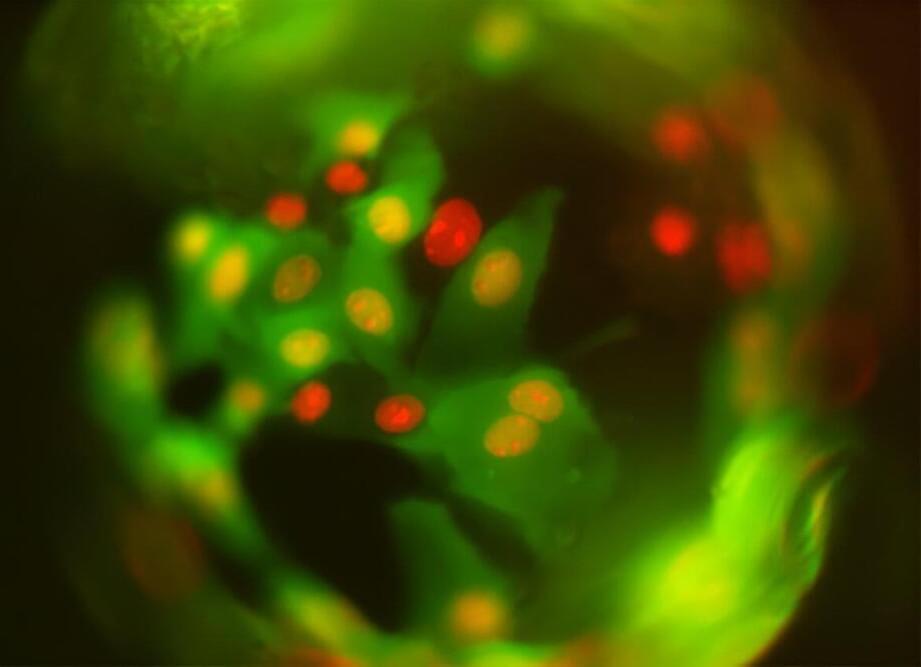A change in just one letter in the code that makes up a cancer-causing gene can significantly affect how aggressive a tumor is or how well a patient with cancer responds to a particular therapy. A new, very precise gene-editing tool created by Weill Cornell Medicine investigators will enable scientists to study the impact of these specific genetic changes in preclinical models rather than being limited to more broadly targeted tactics, such as deleting the entire gene.
The tool was described in a study published Aug. 10 in Nature Biotechnology. Dr. Lukas Dow, an associate professor of biochemistry in medicine at Weill Cornell Medicine, and his colleagues genetically engineered mice to carry an enzyme that allows the scientists to change a single base or “letter” in the mouse’s genetic code. The enzyme can be turned on or off by feeding the mice an antibiotic called doxycycline, reducing the prospect of unintended genetic changes occurring over time. The tool can also grow miniature versions of intestine, lung, and pancreas tissue called organoids from the mice, enabling even more molecular and biochemical studies of the impact of these precise genetic changes.
“We are excited about using this technology to try and understand the genetic changes that influence a patient’s response to cancer therapies,” said Dr. Dow, who is also a member of the Sandra and Edward Meyer Cancer Center at Weill Cornell Medicine.
